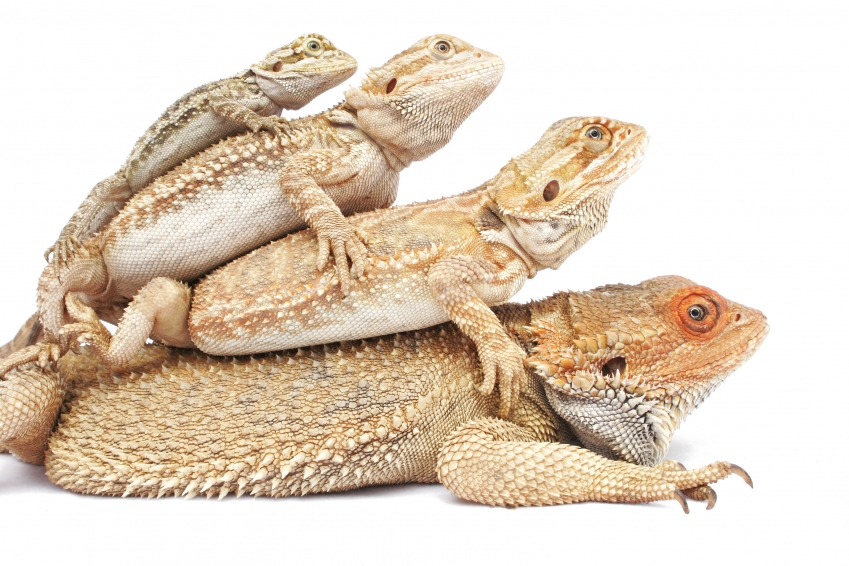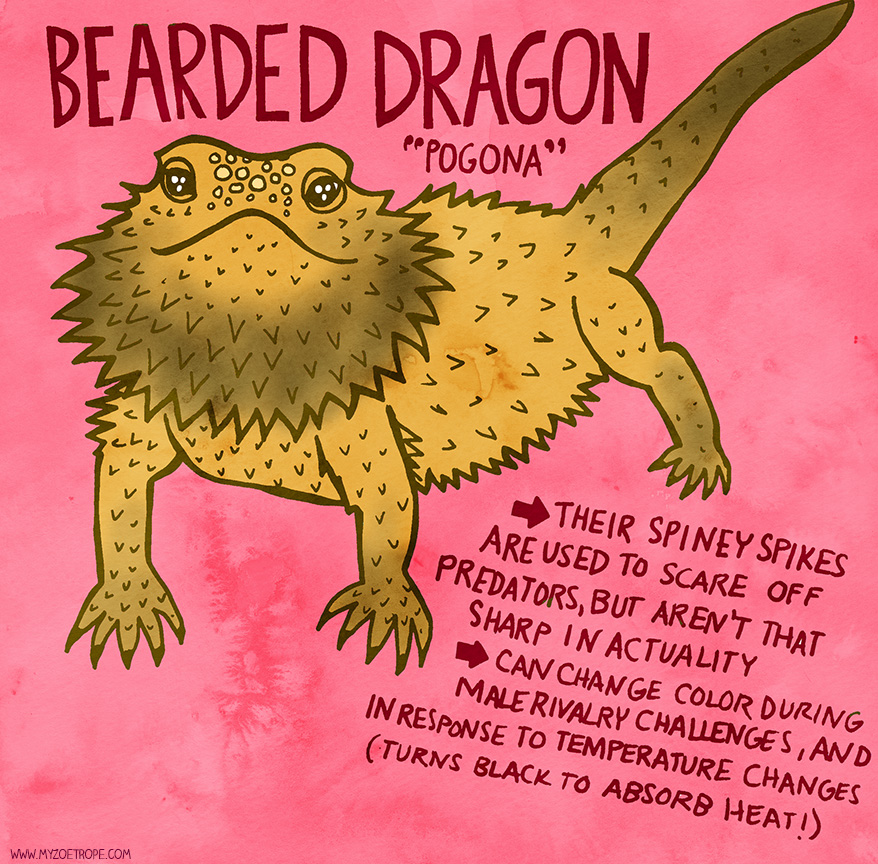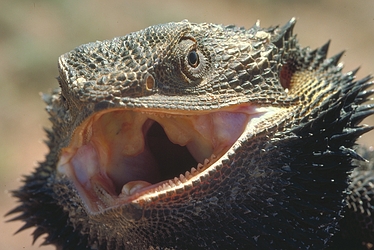Is Your Bearded Dragon Overweight? Simple Ways to Figure Out and Keep Them Healthy
Introduction
As a pet owner, it is your responsibility to keep your bearded dragon healthy and happy. Proper care includes monitoring their diet and making sure they are not overweight. Bearded dragons are prone to becoming overweight because they have a slow metabolism and can be voracious eaters. Read on to learn simple ways to tell if your bearded dragon is overweight and what you can do to keep them healthy.
How to Tell If Your Bearded Dragon Is Overweight
To tell if your bearded dragon is overweight, you can do a few things:
1. Look at Their Belly
If your bearded dragon’s belly is sagging, they may be overweight. A healthy bearded dragon should have a flat belly.
2. Weigh Your Bearded Dragon
Weigh your bearded dragon regularly and keep track of their weight. A healthy bearded dragon should gain weight steadily until they reach adulthood, and then maintain a consistent weight. If your bearded dragon is gaining weight rapidly or has gained a lot of weight in a short amount of time, they may be overweight.
3. Look at Their Activity Level
If your bearded dragon is less active than usual or has trouble moving around, they may be overweight. A healthy bearded dragon should be active and able to move around easily.
If your bearded dragon is overweight, it is important to take action to get them back to a healthy weight. Here are some tips to help your bearded dragon lose weight and stay healthy:
Tips to Maintain Healthy Weight of Bearded Dragon
1. Monitor Their Diet
The first step to helping your bearded dragon lose weight is to monitor their diet. Bearded dragons need a balanced diet of protein, vegetables, and fruits. Avoid feeding them too much fatty food such as insects high in fat content like waxworms or butterworms. You can also switch to healthier options such as crickets and dubia roaches.
2. Control Their Portions
Bearded dragons tend to eat until they are full, so controlling portions is important. Feed them smaller meals more frequently, and avoid leaving food in their enclosure for too long.
3. Increase Their Exercise
Bearded dragons need exercise to maintain a healthy weight. Give them plenty of space to move around, and encourage them to climb and explore. You can also take them outside for some natural sunlight and fresh air, but always supervise them.
Conclusion
Keeping your bearded dragon at a healthy weight is essential to their overall health and well-being. Monitor their weight, food intake, and activity level to ensure they are not becoming overweight. If you suspect that your bearded dragon is overweight, take action to help them lose weight and maintain a healthy lifestyle. With proper care and attention, you can keep your bearded dragon happy and healthy for years to come.







